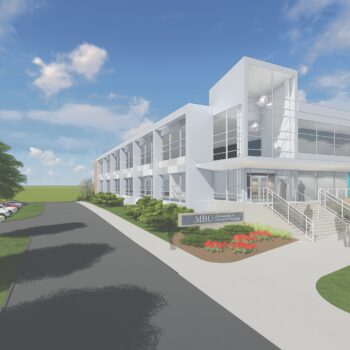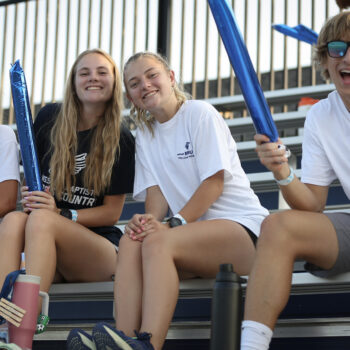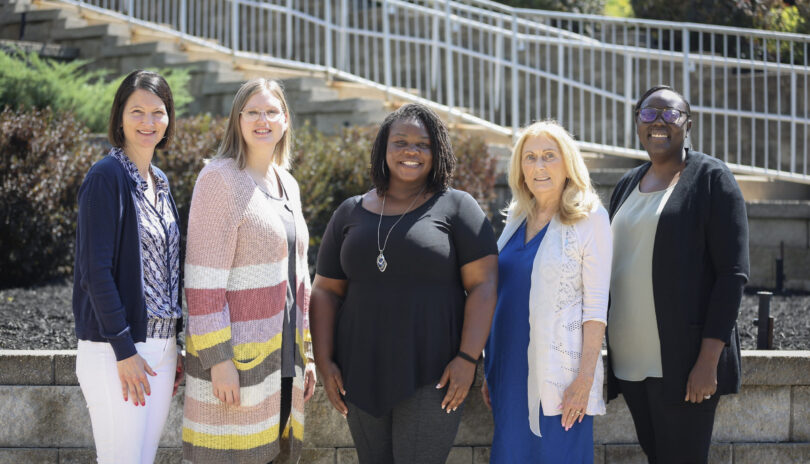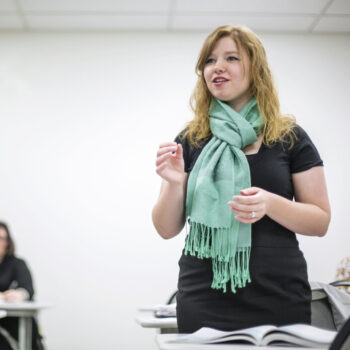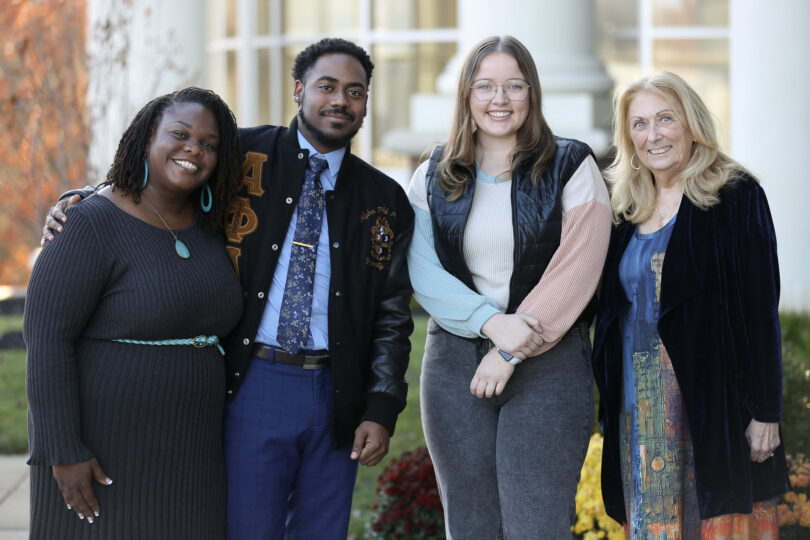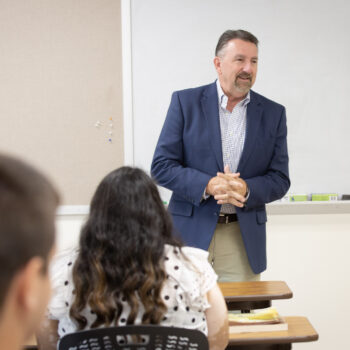Mission Statement:
Missouri Baptist University’s Graduate Program in Counselor Education exists to train graduate-level counselors through rigorous academic and hands-on clinical instruction. We seek to develop conscientious, professional, and highly skilled counselors who promote and facilitate the personal growth, development, and empowerment of those clients/students they serve. The Graduate School of Counseling is rooted in our Christian faith that calls us to love God and love one another.
Degrees and Programs
Browse majors and programs in the School of Counseling.
